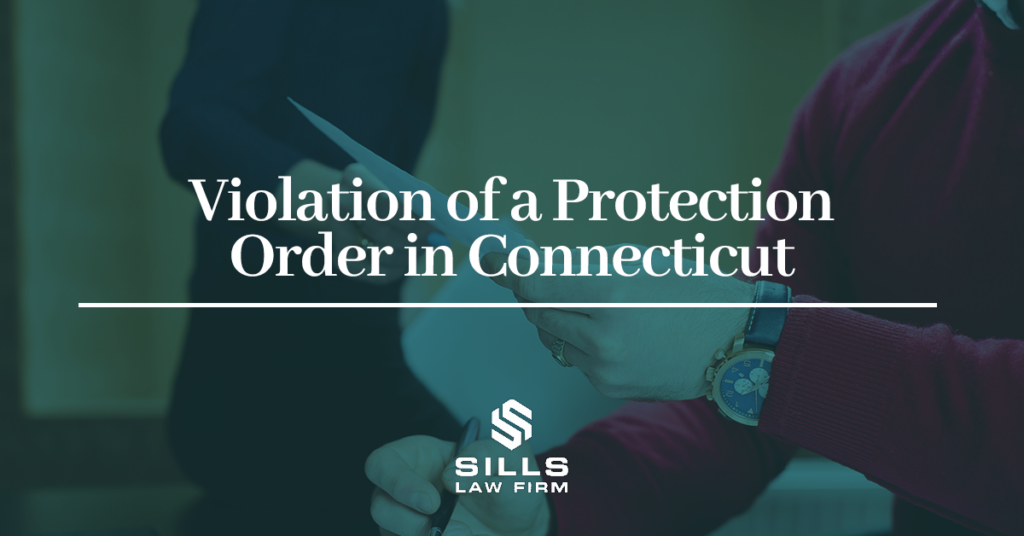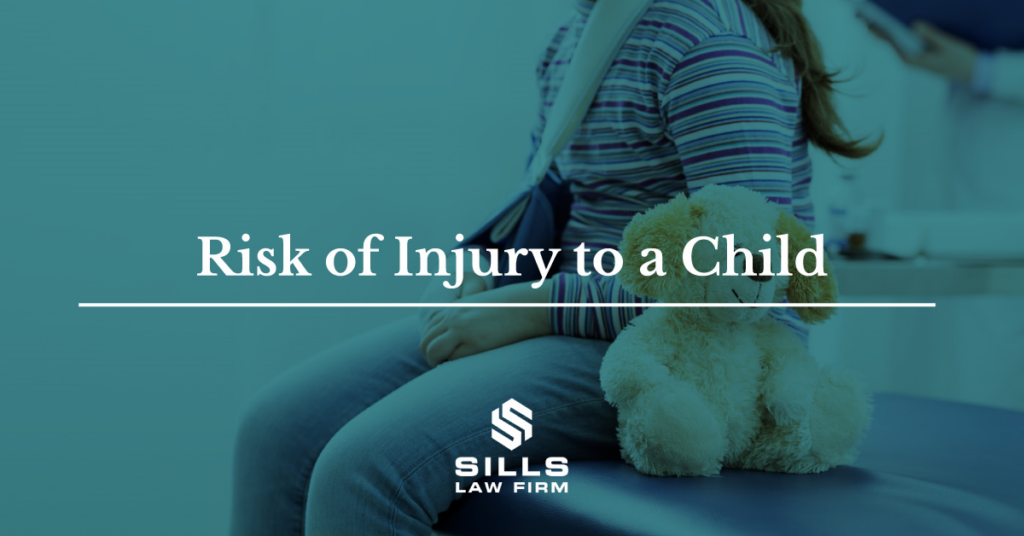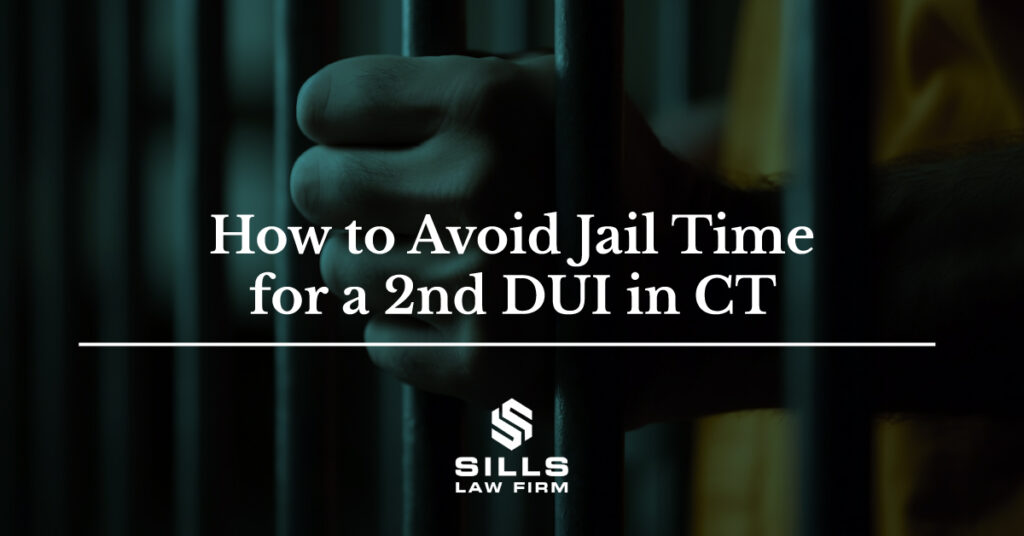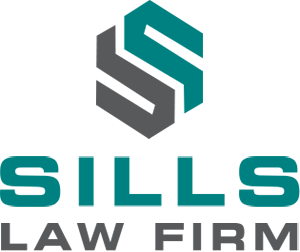The Connecticut criminal justice system is designed to punish criminals and deter individuals from committing offenses. However, the courts understand that most people facing criminal charges are not repeat offenders and made a huge mistake in their lives.
First-time offenders and those charged with crimes that are not extremely violent or sexual in nature may be eligible for “pretrial diversion,” which consists of certain programs designed to rehabilitate the offender through counseling, community service, restitution, education, vocational training, random drug testing, court appearances, and frequent meetings with a probation officer, rather than punish him/her. Upon completion of a program, a defendant’s case will be dismissed, and his/her criminal record expunged.
There are three types of special sessions that handle pretrial diversion programs in Connecticut: Community Court, the Domestic Violence Docket, and the Drug Intervention Program. The Community Courts handle various crimes such as criminal mischief, disorderly conduct, shoplifting, criminal trespass, simple marijuana possession, solicitation of prostitutes, minor in possession of liquor, public drunkenness, and other low-level crimes. The Domestic Violence Docket deals exclusively with domestic abuse issues, while the Drug Intervention Program handles cases where the main issue is substance abuse.
The following are the various pre-trial diversion programs available in Connecticut:
- Accelerated Rehabilitation (AR) – This program is designed for individuals charged with certain minor crimes or traffic violations. Those who have been charged with a first-time misdemeanor or a Class D felony, and are not likely to re-offend, qualify for an AR program. Individuals charged with a Class C or Class B felony may also participate if they are able to show good cause. Repeat offenders or those who participated in programs similar to AR in the past are not eligible. The program lasts up to two years.
- Supervised Diversional Program – This program is available for individuals with psychiatric disabilities, veterans with mental health conditions, and those who are charged with minor crimes or traffic violations. Individuals who have enrolled in the program at least twice in the past or those who cannot enroll in an AR program cannot participate in the Supervised Diversionary Program.
- Pre-Trial Alcohol Education (AE) Program – This program is available for individuals charged with driving or boating under the influence. However, commercial driver’s license (CDL) holders are not eligible for this program. The AE program can last up to 10 weeks, 15 weeks, or for a specified amount of time, depending on the circumstances of the case.
- Pre-Trial Drug Education and Community Service Program (DECSP) – This program is available for those who have been charged with drug possession or possession of drug paraphernalia. Individuals who have twice participated in the program or the Community Service Labor Program (CSLP) are not eligible. The program lasts up to 15 weeks.
- Community Service Labor Program (CSLP) – This program is for individuals who have been convicted of first-time drug possession or possession of drug paraphernalia offense. Those who have been part of the program before or charged with selling, distributing or manufacture ring drugs are not eligible.
- Family Violence Education Program (FVEP) – This program is available for those who have been charged with specific family violence offenses. Individuals who have previously been enrolled in this program or another AR program are not eligible. The FVEP lasts up to two years.
If you have been charged with a crime and obtaining a not-guilty verdict appears challenging, The Sills Law Firm can determine whether you are eligible for a pre-trial diversion program and help you get your entire case dismissed and avoid having a criminal record follow you for the rest of your life. For more information, contact us today and schedule a free consultation.
Related:






